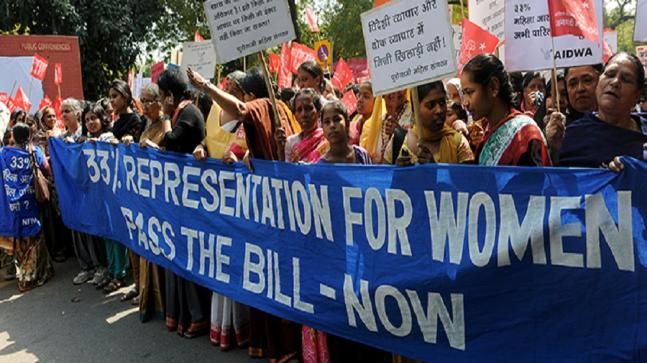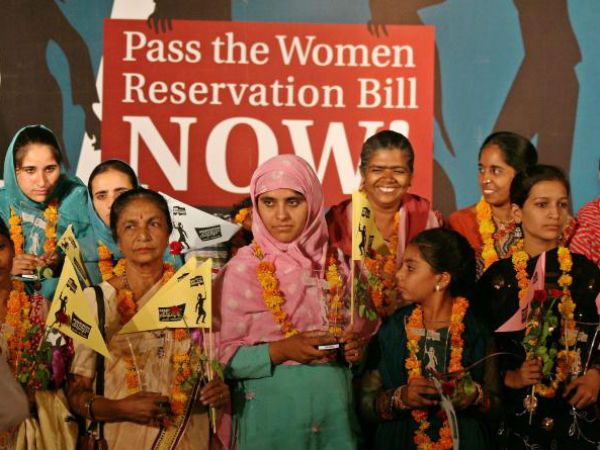Highlights Of The Womens Bill
Mar 27, 2019 • 2 views
Highlights of the bill
● The Women's Reservation Bill [the constitution(108th amendment) bill,2008] is an extremely important piece of legislation that has the capacity to change the structure of Indian politics.
● It seeks to reserve one-third of all seats for women in the Lok Sabha and the state legislative assemblies.
● One-third of the total number of seats reserved for Scheduled Castes and Scheduled Tribes shall be reserved for women of those groups in the Lok Sabha and the legislative assemblies.

● Reserved seats may be allotted by rotation to different constituencies in the state or union territory.
● Reservation of seats for women shall cease to exist 15 years after the commencement of this Amendment Act. Arguments against the bill
❖ It would amount to denying someone their democratic right on the basis of their gender.
❖ Women's reservation is not extended to RAjya Sabha .
❖ Rotation of reserved constituencies in every election may reduce the incentive for an MP to work for his constituency as he may be ineligible to seek re-election from that constituency.
❖ It would limit the choice of the voter who votes rather for the male candidate.
❖ In a representative democracy, where 131 out of 543 Lok Sabha seats are already
reserved for SC/ST candidates, an additional 33% reservation may not be a true reflection of people’s wishes.

❖ The rationale of the bill does not address the root cause of the problem that why there are less women in the parliament.A more effective way of promoting the participation could be: - making political parties nominate more women in their internal working committees - fielding more women candidates during elections.
❖ The proposed law states that this reservation will cease to exist after 15 years of commencement. But this clause seems implausible considering our past and present politics- once a reservation has been introduced no government has shown gumption to reduce or remove it.
❖ Does not address the reason that why only one-third of the seats be reserved and not a figure close to 50%? After all, if we wish to achieve gender balance, then why not go the whole hog and reserve seats proportionate to the population of women (48%)?
